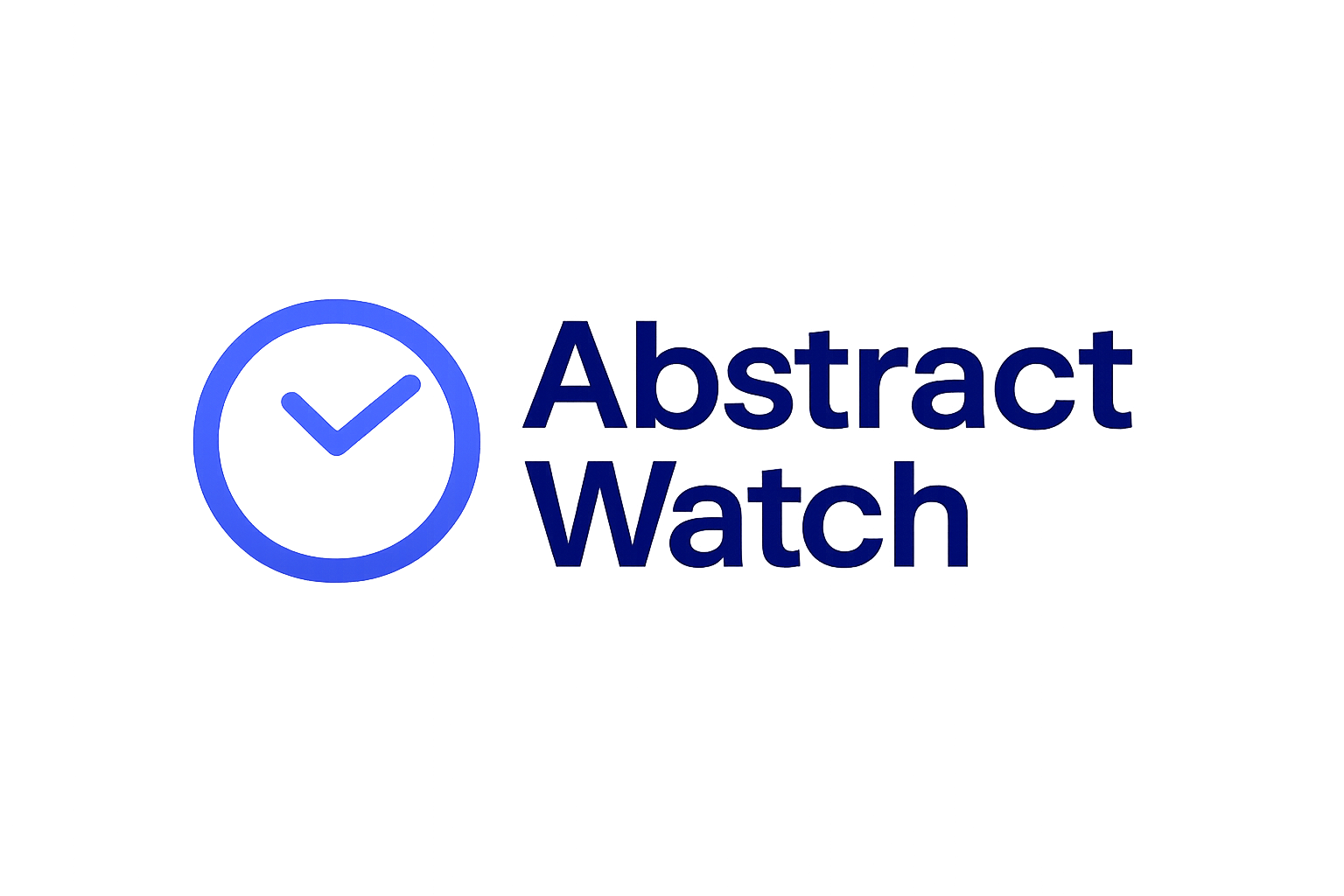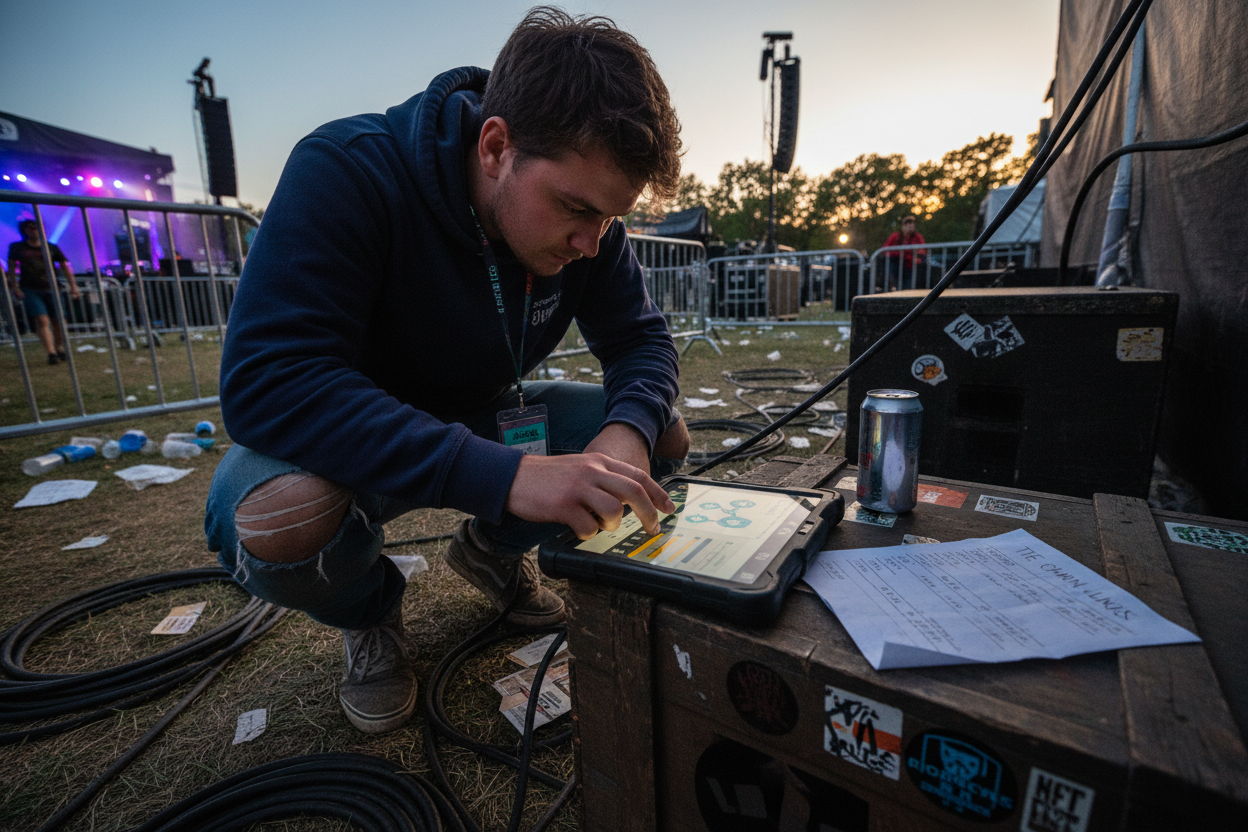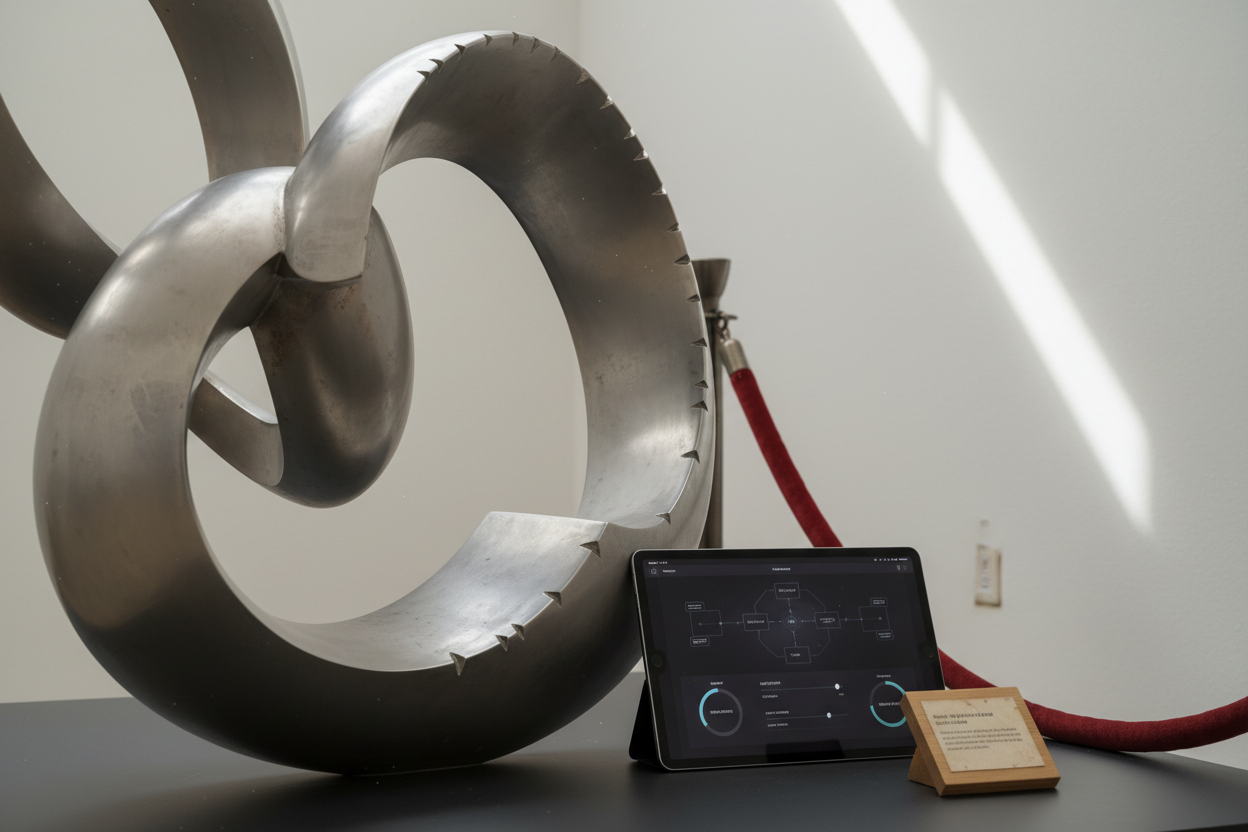
Blockchain startups are under more pressure than ever to innovate quickly, scale seamlessly, and deliver user-friendly experiences. The challenge? Traditional blockchain deployment is notoriously complex, expensive, and time-consuming. Enter abstract rollup technology, a game-changer that is rapidly transforming how new app-chains are launched and managed. By leveraging modular, customizable rollups and comprehensive Rollup-As-A-Service (RaaS) platforms, even small teams can now deploy powerful blockchains in days instead of months.

What Makes Abstract Rollup Technology So Disruptive?
At its core, an abstract rollup is a specialized blockchain that handles computation and data storage “offchain, ” then posts cryptographic proofs back to the main network (like Ethereum). This approach supercharges scalability and efficiency while retaining security. But what really sets abstract rollups apart for startups is their flexibility: developers can build app-chains tailored to their unique needs without being bogged down by low-level protocol engineering.
The rise of Rollup-As-A-Service platforms means that teams no longer need deep blockchain expertise to launch a secure, scalable chain. Instead, they can focus on their product – whether that’s DeFi, gaming, or real-world assets – while RaaS providers handle the heavy technical lifting.
No-Code Deployment: Lowering Barriers for Startup Builders
The latest wave of no-code rollup deployment frameworks, such as those built on the Polkadot SDK or with platforms like Asphere, have democratized access to cutting-edge infrastructure. These tools offer intuitive visual interfaces where founders can design, customize, and launch high-performance rollups without writing a single line of protocol code.
This shift is especially meaningful for early-stage teams who want to experiment quickly or pivot based on user feedback. Instead of spending months wrangling with smart contract security audits or consensus mechanism tweaks, they can go live in days – iterating directly in production environments with minimal risk.
Interoperability and Aggregated Liquidity: Solving Fragmentation
A major headache for blockchain developers has always been fragmentation – both in terms of liquidity and user experience. Abstract rollup technology addresses this head-on via aggregated infrastructures like zkLink. By using zero-knowledge proofs and multi-chain state synchronization, these platforms bring assets from different Layer 1s and Layer 2s together onto a single unified layer.
This isn’t just a technical feat; it’s a massive UX win. Developers can deploy decentralized applications across multiple ecosystems without rewriting code for each chain. Users benefit from deeper liquidity pools and seamless asset transfers between networks – all underpinned by robust security guarantees.
Modularity and Customization: Building App-Chains That Fit Your Vision
No two blockchain projects are exactly alike. Some need ultra-fast settlement for gaming microtransactions; others prioritize privacy or compliance features for enterprise use cases. Modern abstract rollup frameworks like Initia empower founders to mix-and-match components (consensus engines, data availability layers, execution environments) as needed.
This modularity isn’t just about flexibility – it’s about future-proofing your project as the ecosystem evolves. Startups can upgrade individual components without redeploying their entire chain or disrupting users. For an in-depth look at how these innovations are making life easier for builders, check out our guide on how abstract rollups simplify app-chain deployment.
Performance and scalability are at the heart of every successful blockchain application. With abstract rollup technology, startups can achieve transaction throughput and cost efficiency that would have been unthinkable just a few years ago. By integrating zero-knowledge proofs and trusted execution environments (TEEs), platforms like TEERollup allow for lightning-fast processing, reduced gas costs, and dramatically shorter withdrawal times.
For founders building high-throughput DeFi protocols or NFT marketplaces, this means no more worrying about network congestion or exorbitant fees during peak usage. Instead, your dApp can scale seamlessly as your user base grows – all while maintaining the security guarantees of the underlying Layer 1.
Comprehensive Rollup-As-A-Service: From Idea to Mainnet in Days
The new generation of Rollup-As-A-Service (RaaS) providers takes things even further. Platforms like Tokyo Techie offer an end-to-end experience: from initial chain configuration to robust infrastructure management and advanced monitoring tools. Whether you’re launching an optimistic or zk rollup, these services handle the operational complexity behind the scenes so your team can stay focused on shipping features and delighting users.
This is a huge leap forward for time-to-market. What once took months of R and D and costly audits can now be accomplished in days – without compromising on security or reliability. As more startups adopt RaaS solutions, we’re seeing a surge in creative use cases spanning everything from cross-chain lending to real-world asset tokenization.
The Real-World Impact: Empowering Builders and Communities
Abstract rollup technology isn’t just about technical innovation – it’s about empowering people. By lowering barriers to entry, enabling rapid iteration, and fostering interoperability, these advancements are fueling a new wave of Web3 communities and business models.
Top Benefits of Abstract Rollups for Blockchain Startups
-
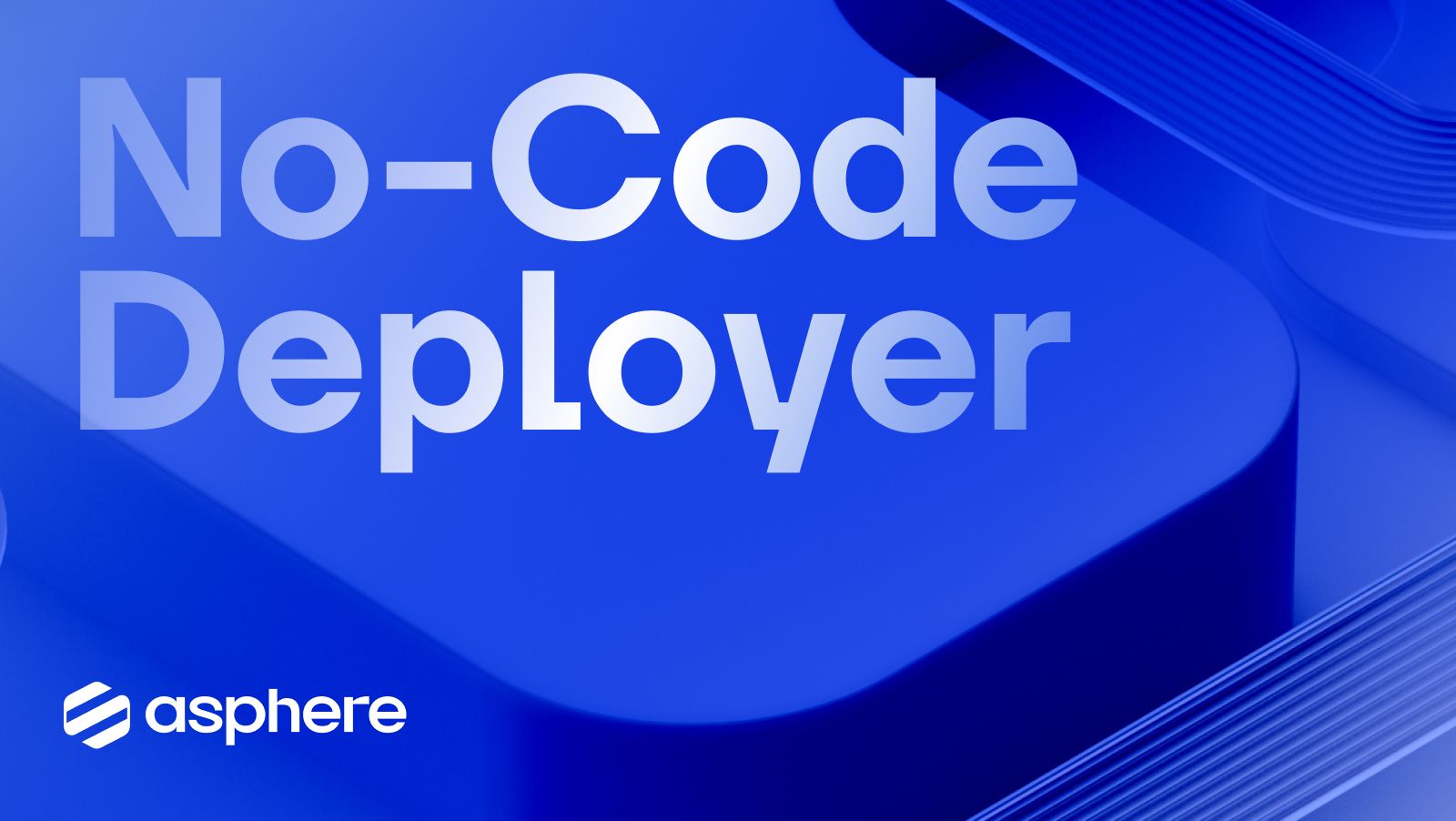
Simplified Deployment with No-Code SolutionsPlatforms like Asphere (in collaboration with the Web3 Foundation) offer intuitive, no-code rollup deployment frameworks based on the Polkadot SDK. This empowers startups to launch custom, high-performance rollup chains quickly—no deep protocol expertise required.
-
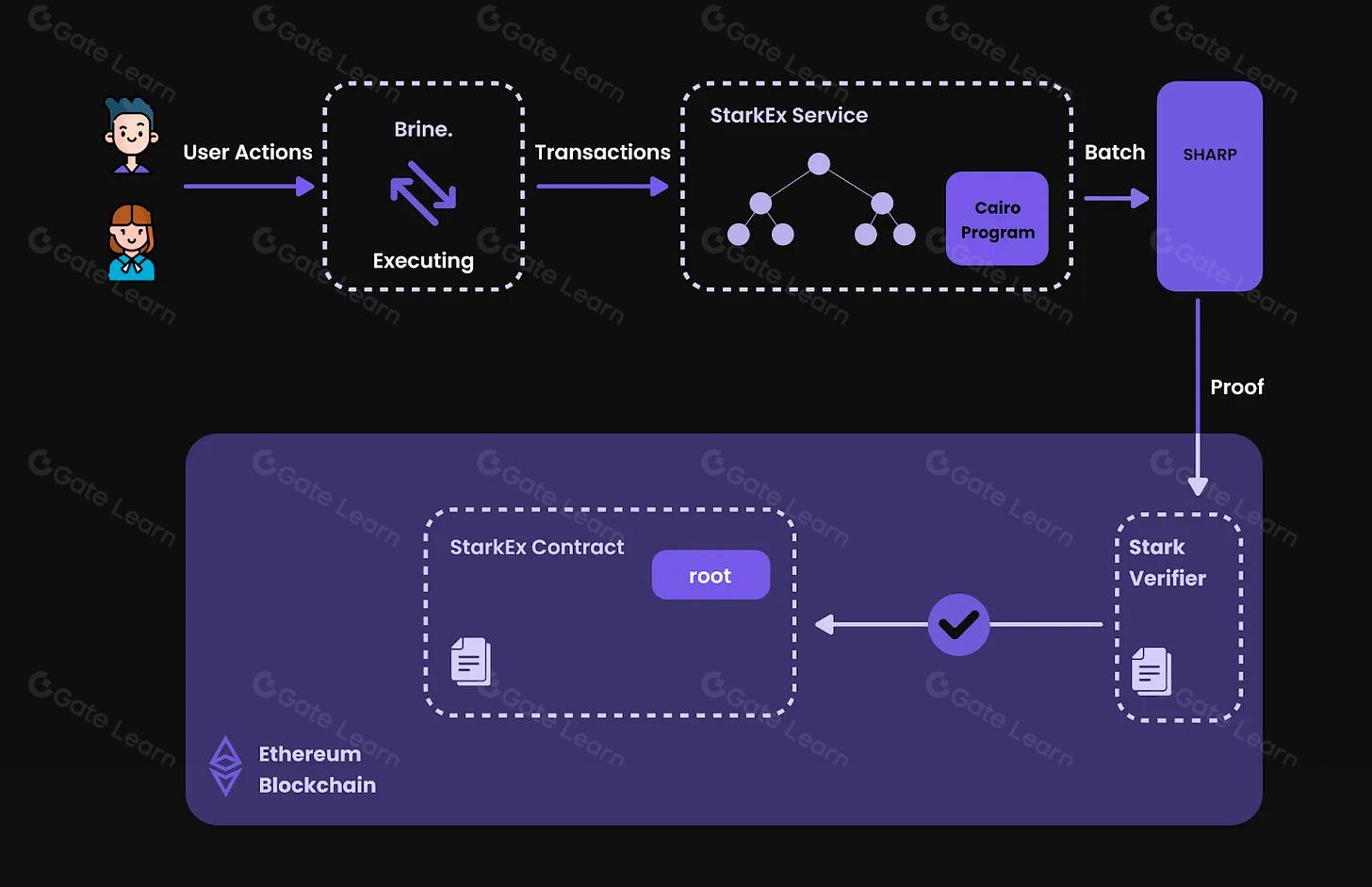
Enhanced Interoperability and Liquidity AggregationAggregated rollup infrastructures such as zkLink use zero-knowledge proofs to connect multiple Layer 1 and Layer 2 blockchains. This enables seamless asset transfers and dApp deployment across ecosystems, solving liquidity fragmentation for startups.
-
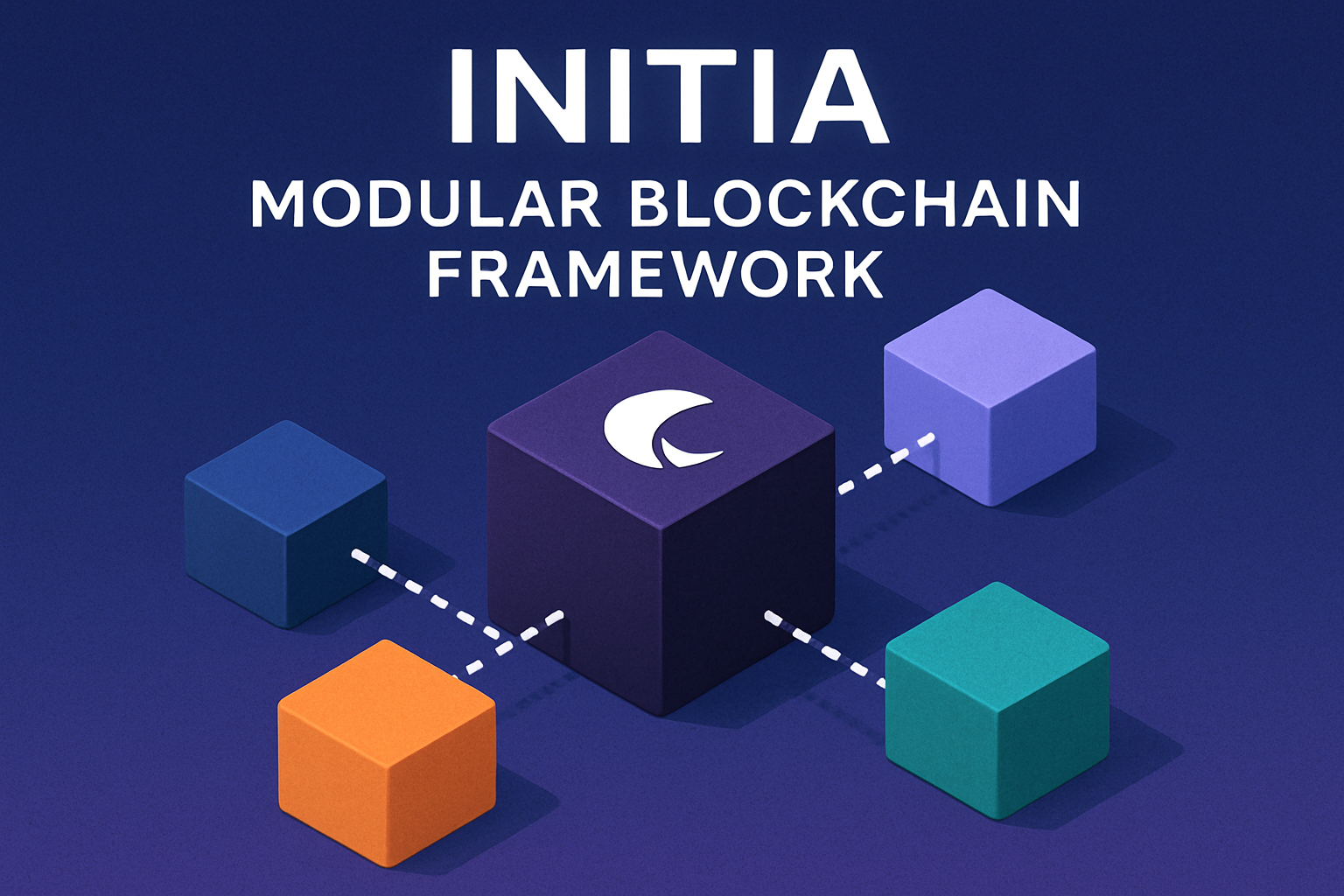
Modular and Customizable App-ChainsFrameworks like Initia provide modular designs for building app-chains (optimistic rollups) tailored to specific use cases. Startups can mix and match components for optimal performance and flexibility, accelerating specialized blockchain development.
-

Improved Scalability and PerformanceSolutions such as TEERollup integrate zero-knowledge proofs and trusted execution environments (TEEs) to process transactions efficiently. This reduces gas costs and withdrawal times, making high-throughput applications viable for startups.
-
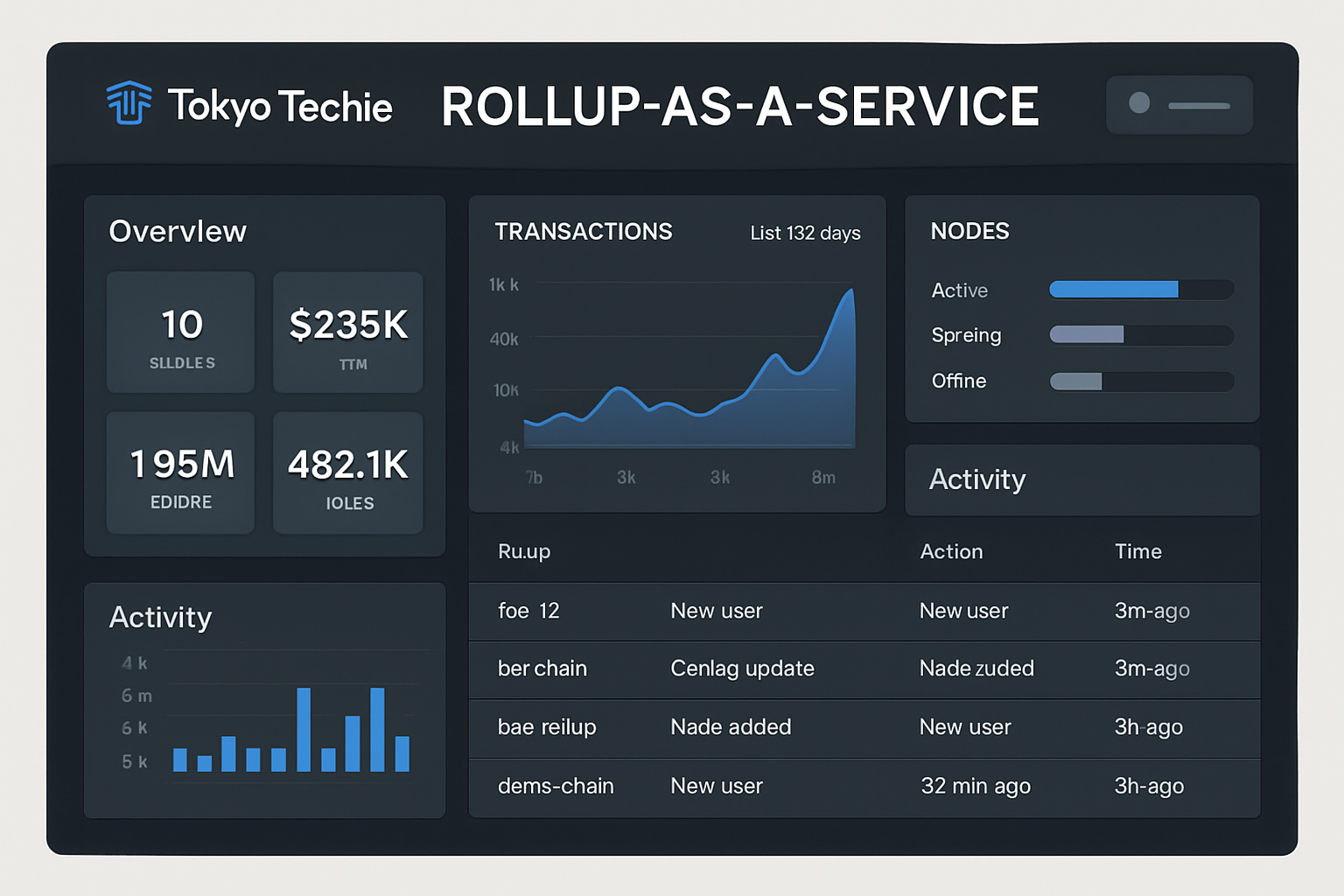
Comprehensive Rollup-as-a-Service (RaaS) PlatformsProviders like Tokyo Techie offer end-to-end RaaS solutions, handling the technical complexities of deploying optimistic or zk rollups. Startups benefit from rapid deployment, robust infrastructure, and reduced operational costs.
Whether you’re a solo builder with a bold idea or an enterprise looking to future-proof your infrastructure, abstract rollups put world-class blockchain capabilities within reach. The playing field is leveling fast – and those who embrace this shift early will be best positioned to lead the next era of decentralized applications.
If you’re ready to accelerate your project’s journey from concept to mainnet using scalable blockchain infrastructure, explore our resources on how Rollup-As-A-Service platforms enable one-click app-chain deployment. Stay curious, stay ahead!
